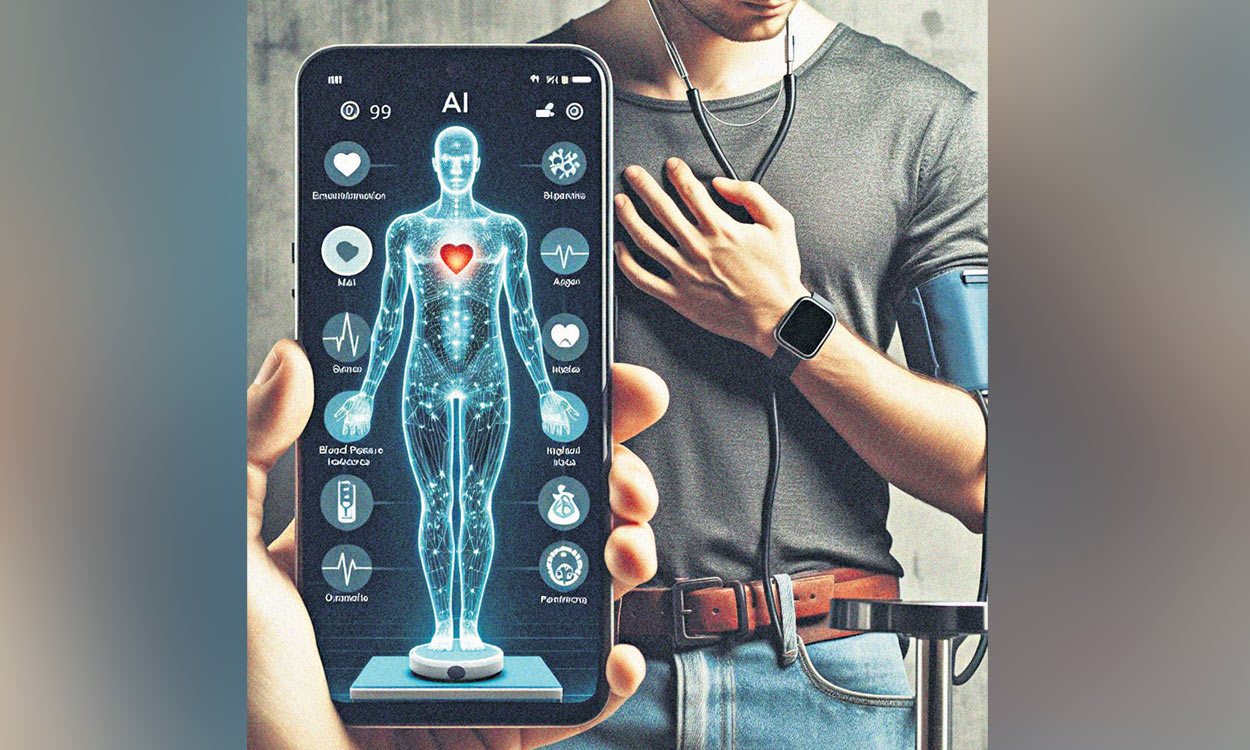Health care providers and institutions are catching up with high-end technologies for effective and efficient intervention
Published Date – 15 February 2024, 11:25 PM

Hyderabad: In the last year or so, health care providers, especially private institutions, not only in Hyderabad but even in other major urban centres such as Bengaluru and Mumbai, are in a literal race to adopt Artificial Intelligence (AI) technologies into their health care systems to make patient care more effective and efficient.
While State-run health care facilities are yet to catch up with such high-end technologies, major corporate hospitals in Hyderabad like Apollo Hospitals and Asian Institute of Gastroenterology (AIG) have already taken the lead and adopted AI systems in their health care delivery systems.
Recently, AIG Hospitals, Gachibowli, held an exclusive conference on AI in health care with the objective of bringing together doctors, technology experts, AI researchers, and government officials, to discuss the future of AI-based patient care. The technology landscape is changing at an exponential pace and AI has the potential to dramatically enhance diagnosis, reduce hospitalisation and provide personalised treatment, said founder and chairman of AIG Hospitals, Dr. D Nageshwar Reddy.

“There is need to collaborate with government and non-government institutions to build and sustain AI-based health care solutions that will not only improve the clinical effectiveness of modern-day medical facilities but also make treatment far more affordable and accessible,” he added.
For more than a year now, Apollo Hospitals has adopted an AI-based system, developed in collaboration with AIG. With the help of a simple routine health check-up, the AI-based Cardiac Risk Score Calculation can predict the risk of an individual from experiencing a heart episode, in the next decade.
“By utilising AI, machine learning, deep learning and algorithms, we have developed a cardiac risk score, which tells the probability of getting a heart attack in the next 10 years for any individual between 18 years and 80 years. The accuracy of our AI-based cardiac risk score is between 89 percent and 92 percent,” said Dr. J Shiv Kumar, head of cardiology department, Apollo Hospitals.
The immense potential of AI is also not lost on NITI Aayog, the Centre’s think tank, which brought out a paper titled ‘National Strategy for Artificial Intelligence’. “Health care sector is probably the most intuitive and obvious use case primed for intervention by AI-driven solutions, as evidenced by the increasing activity from large corporates and startups alike in developing AI focused health care solutions,” said the NITI Aayog.


